Visa Consumer-Issued Cards
Visa offers several different card types that banks can issue to their customers. The more “perks” that each card offers, the more they cost in interchange fees.
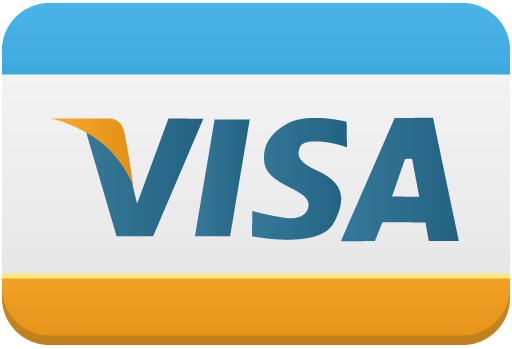
Credit Cards
Visa credit cards are issued to customers not by Visa, but by an issuing bank. These credit cards will have varying terms/rewards, as every bank is different. The below guide is a handy reference to see how cards are typically classified. Note that issuing banks have a lot of “leeway” in how they classify a card. So, some cards may have similar benefit structures, yet will fall into different categories. What’s important to keep in mind is that you have NO control over this aspect of card acceptance. You can’t tell what type of card you’re accepting just by looking at it, and most customers won’t even know their card type if you ask them. This process is designed to be “invisible” and in the background.

Normal Credit Card
These will be your standard, run-of-the-mill credit cards. If you get a branded credit card from a department store, or from your local bank, it’s likely going to be one of these. All Visa cards come with a basic benefit structure, and some of these cards may have a low-tier reward system. When you accept these cards, you’ll pay the lowest rates. Basic credit cards will carry an underlying interchange rate of 1.51% – 1.80%.
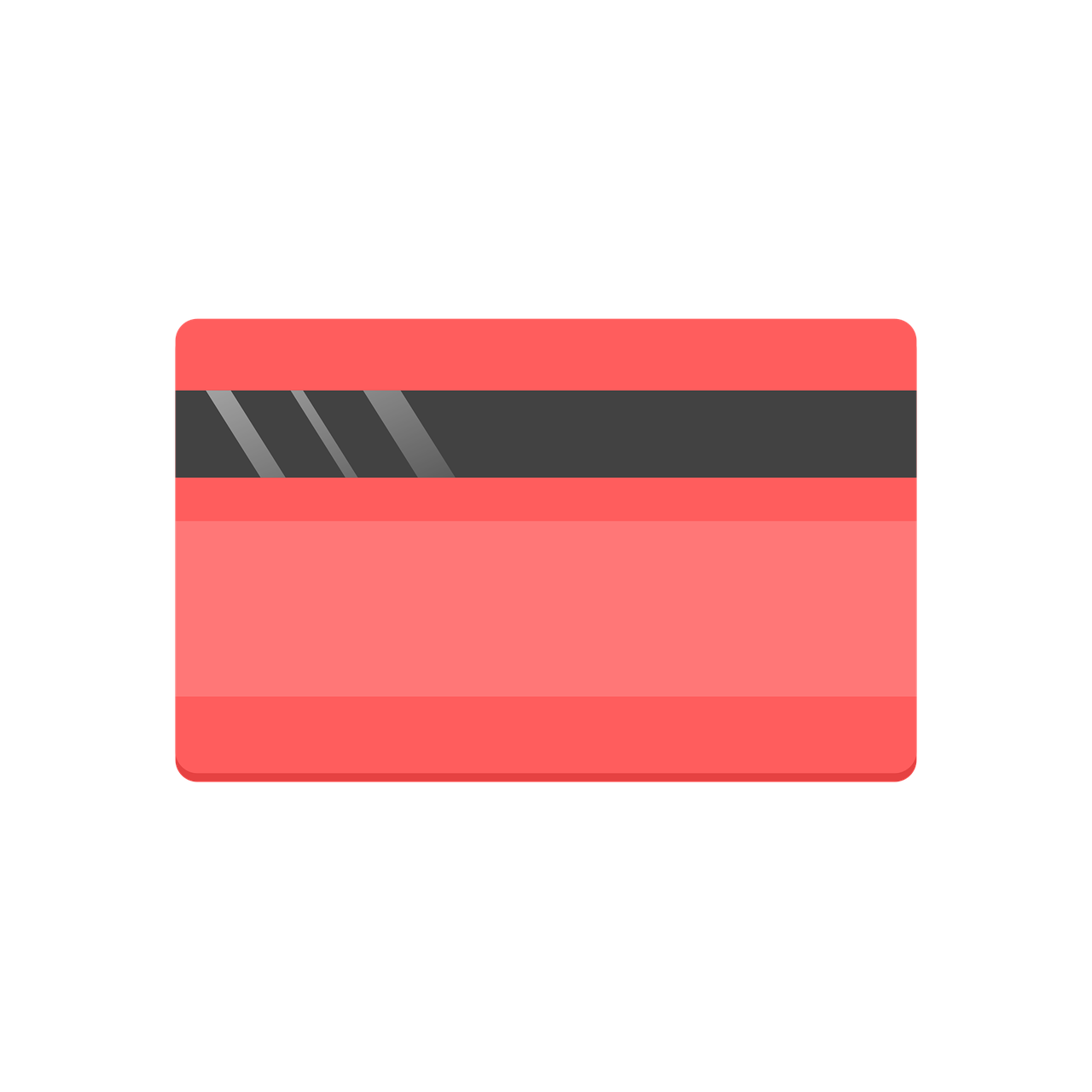
Traditional Rewards
These are the cards you see commercials for. They’ll typically be advertised with a specific benefit, such as miles, points, cash-back, etc. Rewards cards come with additional benefits over standard credit cards, and those benefits will vary from issuer to issuer. Almost always though, the main feature of a rewards-card will be to accrue value towards a specific product/service. Most rewards cards will have underlying interchange rates of 1.65% – 1.95%.

Signature / Infinite
Signature and Infinite cards were initially designed to be issued only to high-net-worth customers. These days, Signature cards have become much more common. Signature cards come with even more benefits, like roadside assistance, extra purchase protection, and travel insurance. Usually you’ll hear words like “gold” and “platinum” when you see a Signature card. Signature cards typically cost between 2.10% and 2.30% in interchange fees.
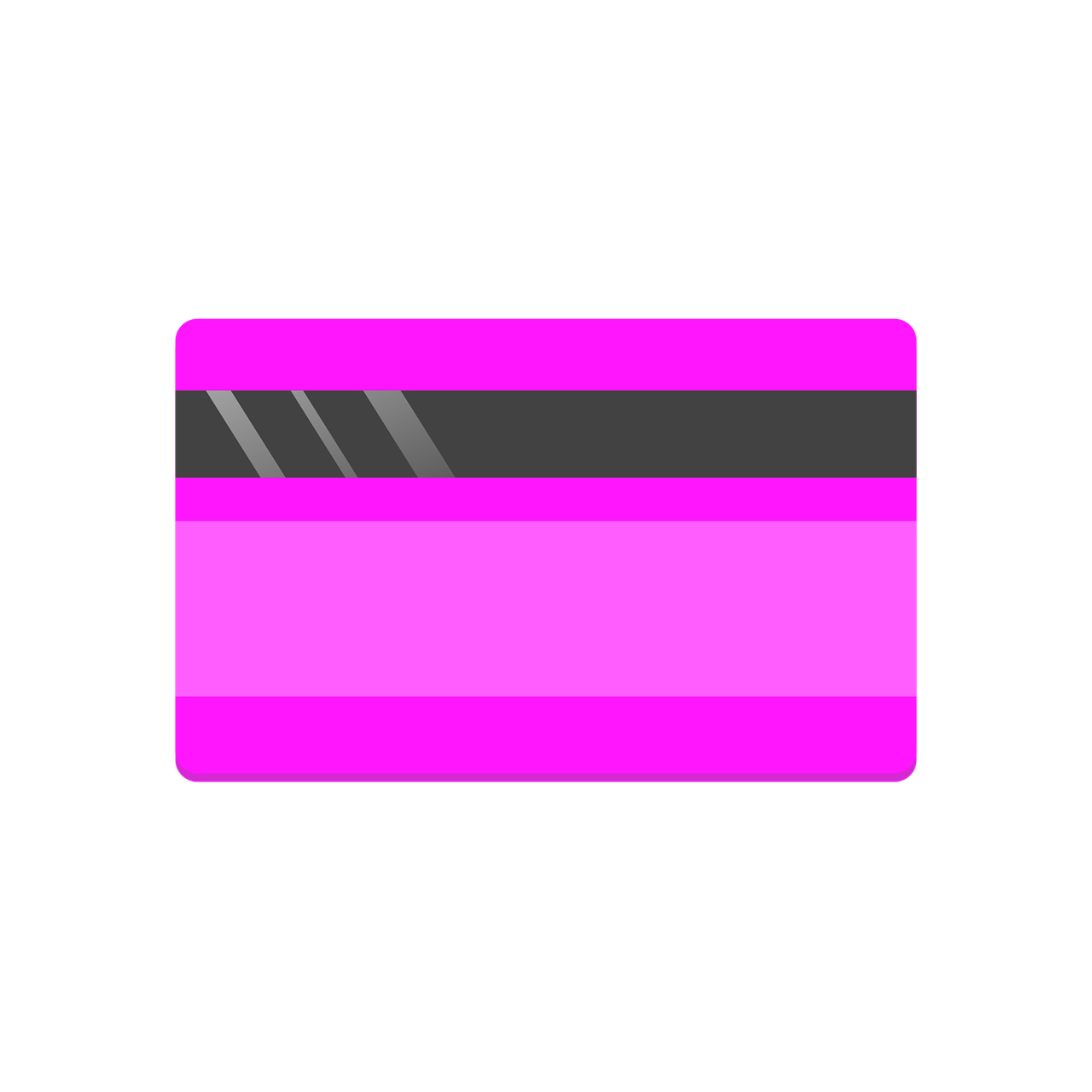
Signature Preferred
Signature Preferred cards are a relatively new card type offered by Visa, aimed again at high-net-worth spenders. They’re typically issuing these cards to customers who spend between $50k – $250k/year on their Visa card. Extra perks will include additional warranty coverage for purchased products, roadside dispatch, and other “high end” perks offered by issuing banks. These cards carry the highest rates, in the 2.10% – 2.40% range.
What about Debit and Prepaid?
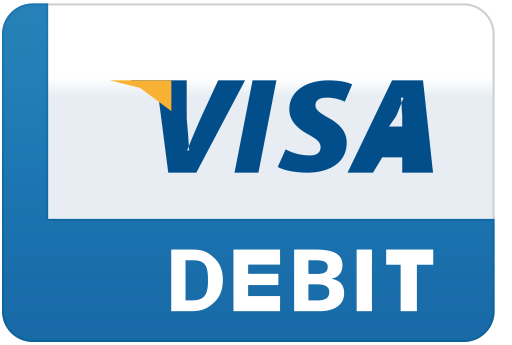
Debit / Prepaid Cards
Most Debit and Prepaid cards work differently than credit cards, as they’re regulated by the federal government. As such – there are far less categories/classifications of debit cards. Instead, debit and prepaid cards are treated either as “regulated” by the government, or they’re not. So typically, as the merchant, you’ll have a better idea of what rate you’ll pay when a customer hands you a debit cards. See the two main categories, below.

Regulated Debit / Prepaid
Regulated debit and prepaid cards are just that – they’re regulated by the federal government, to be “capped” at a specific interchange rate. When the Durbin amendment passed through Congress in 2011, it forced all banks with assets over $10 billion to cap interchange fees at 0.05% and $0.22/transaction for all debit/prepaid cards , in all circumstances, no matter what. This means debit/prepaid cards from big banks will always have low interchange rates.
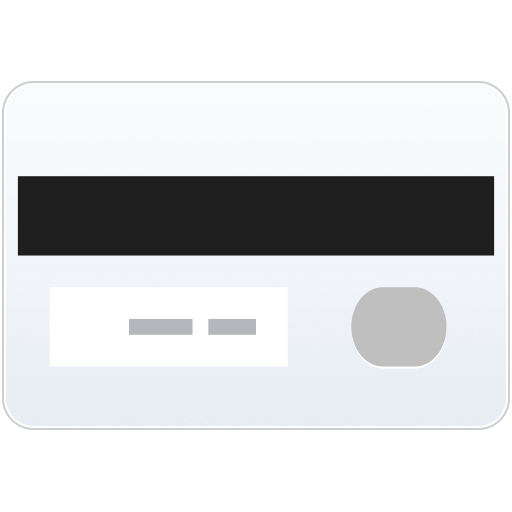
Exempt (Non-Regulated) Debit
This card type refers to any debit card that is issued by a bank that doesn’t have at least $10 billion in assets. So, think smaller. Local banks, credit unions, and other smaller financial institutions that issue credit cards will fall into this category. Non-regulated debit cards are still cheap compared to their credit counterparts, since there’s little risk of dispute/fraud for the issuing bank. Interchange rates are typically 0.80% + $0.15/transaction up to 1.65% + $0.15/transaction.

Exempt (Non-Regulated) Prepaid
Same idea as an exempt debit card – this card type refers to any prepaid card that is issued by a bank that doesn’t have at least $10 billion in assets. Interchange rates are similar to their debit counterparts – typically 1.15% + $0.15/transaction up to 1.75% + $0.20/transaction.